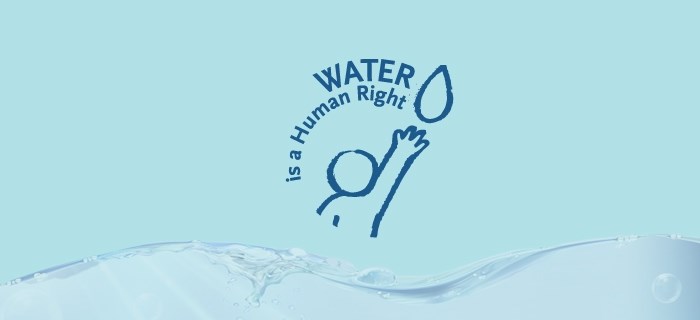Commissioner Vella said: "High-quality, safe drinking water is essential for well-being and public health, so we need to ensure high standards across the Union. This new monitoring and control system allows us to reduce unnecessary analyses and concentrate on controls that really matter."
This amendment of the Drinking Water Directive is a response to calls by citizens and the European Parliament to adopt legislation ensuring a better, fair and comprehensive water supply. It allows for an improved implementation of EU rules by Member States as it removes unnecessary burdens. Member States can now decide, on the basis of a risk assessment, which parameter to monitor given that some drinking water supply zones do not pose any risk for finding hazardous substances. They can also choose to increase or reduce the frequency of sampling in water supply zones, as well as to extend the list of substances to monitor in case of public health concerns.
Flexibility in the monitoring of parameters and the frequency of sampling is framed by a number of conditions to be met, to ensure protection of citizens' health. The new rules follow the principle of ‘hazard analysis and critical control point’ (HACCP), already used in food hygiene legislation, and the water safety plan approach laid down in the World Health Organisation's (WHO) Guidelines for Drinking Water Quality.
Member States have two years to apply the provisions of this new legislation.
The Commission is also currently evaluating the Drinking Water Directive. Results of the public consultation are available here.
The Drinking Water Directive, introduced in 1998, requires a regular review of its Annexes. This amendment has been the first and essential adaptation to scientific and technical progress to date.
The Evaluation of the overall Directive is included in the Commission's Working Plan "A new Start" 2015 as part of the wider response to the European Citizens' Initiative Right2 Water. The evaluation study will be finalised by the end of 2015.
For more information see Project website of the evaluation study.
Source: European Commission


